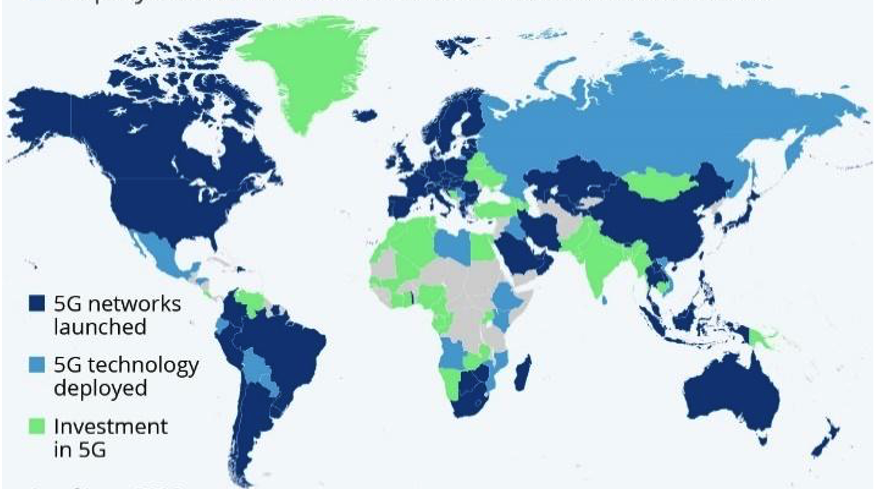VOLUME 16 NUMBER 2 (July to December 2023)

SciEnggJ. 2023 16 (2) 310-320
available online: August 29, 2023
*Corresponding author
Email Address: fredelino_galletojr@dlsu.edu.ph
Date received: May 03, 2023
Date revised: July 25, 2023
Date accepted: July 29, 2023
DOI: https://doi.org/10.54645/2023162MIH-35
ARTICLE
Fifth-generation networks: The adoption of technology in a developing country
College of Engineering and Information Technology,
University of Southern Mindanao, Kabacan, Cotabato, 9407, Philippines
2Department of Electronics and Computer Engineering,
Gokongwei College of Engineering, De La Salle University, 2401
Taft Ave, Malate, Manila, 1004, Philippines
3Department of Management, College of Management,
University of the Philippines Visayas, Iloilo, 5000, Philippines
4Mechanical Engineering Department, De la Salle University, 2401 Taft Ave,
Malate, Manila, 1004, Philippines
The majority of affluent nations that have adopted 5G networks have seen financial and environmental gains from doing so. Some emerging countries, like the Philippines, need help adopting such technology. This paper is (1) a thorough study of the global and local 5G network developments and applications for policy analysis and (2) examines the supporting and limiting factors in accepting supercritical elements of technology uptake in the Philippines. Different industries cannot help but consider how incorporating 5G technology into our daily life will appear. The effects of 5G go far beyond telecommunications since its vast connection of people, machines, and things makes it easier to deliver individualized health care and support in an aging society. It encourages the development of logistics and transportation, broadens all access to culture and education, and can fundamentally alter public services. Implementing and maintaining our country's communications infrastructure in the middle of these developments is one of the usual barriers to its improvement. Utilizing this technology brings analytical and economic rigor to the Philippines.
© 2024 SciEnggJ
Philippine-American Academy of Science and Engineering